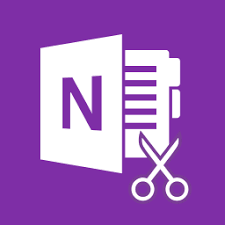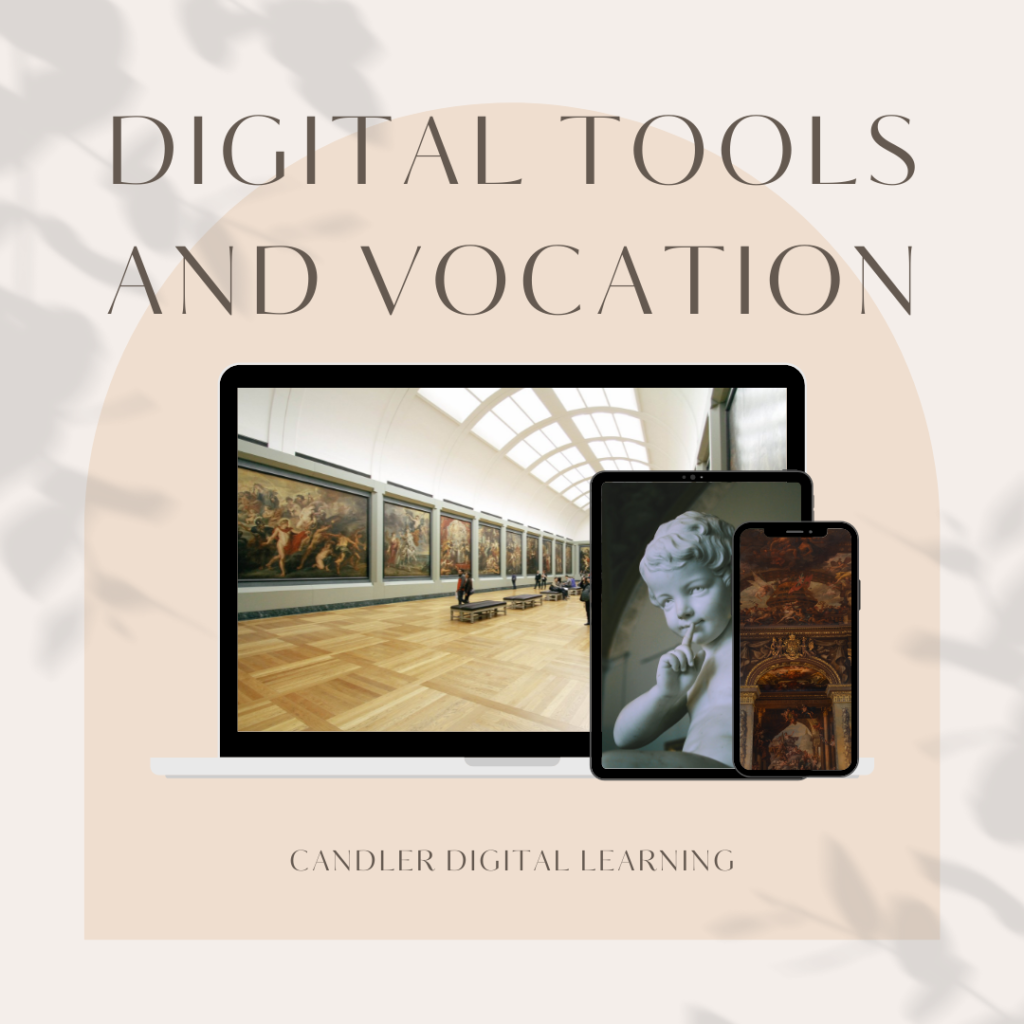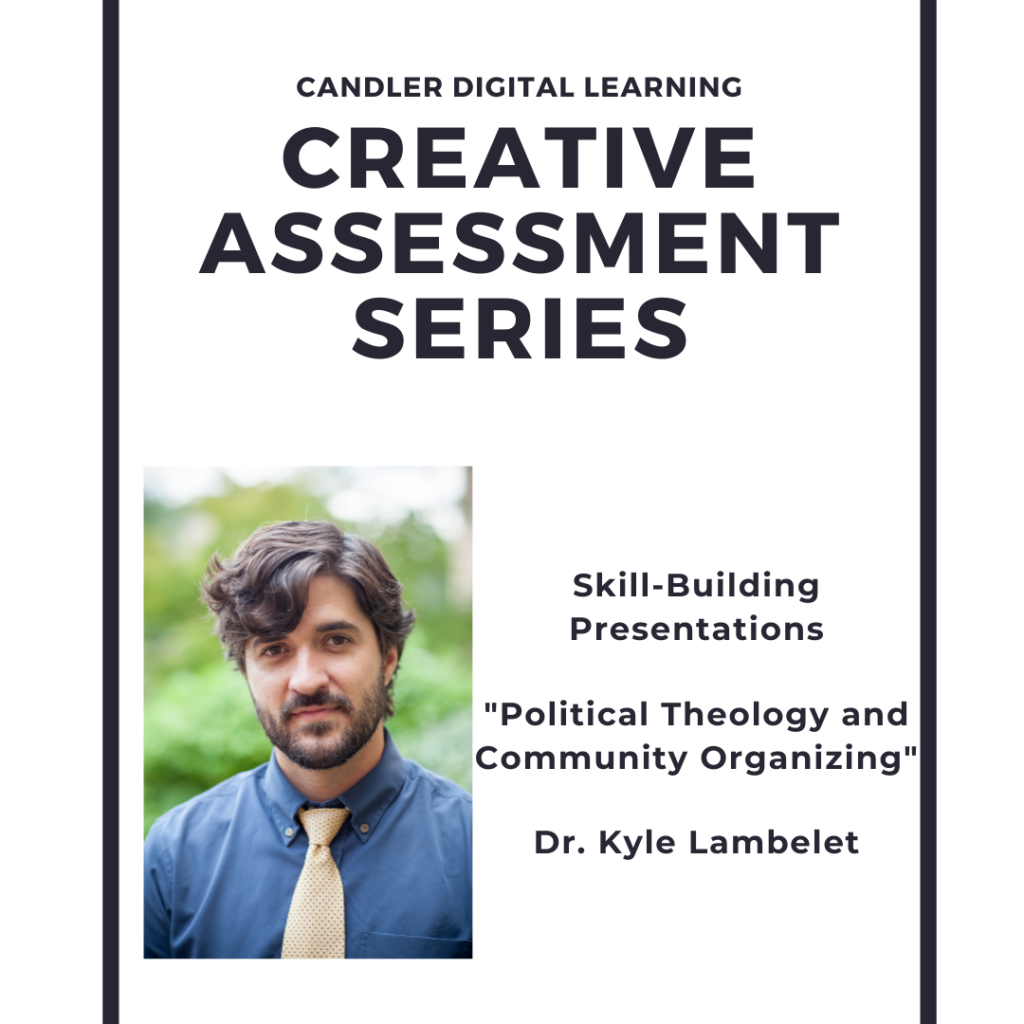For many classes, Discussion Boards serve as the primary means of assessing a student’s participation and preparation for class. Did they do the reading? Are they paying attention in class? Many faculty who teach online use discussion boards as a way to continue the conversations of the class outside of the classroom. This article is titled “More Discussion, Less Bored” as a play on the disconnect we’ve found between student and faculty perceptions of discussion boards and to provide creative alternatives to discussion boards.

What are students saying about Discussion Boards?
Our office surveyed several students and wanted to share some important takeaways. Now, it is important to remember the comments are directed to discussion boards, not the the assignment.
“I feel like [discussion boards] offer no incentive to participate in a meaningful manner, and quickly become arbitrary when a student is falling behind or struggling to manage the stresses and challenges of coursework.”
“It often times feels like discussions that could be had in the classroom are substituted with discussion boards in order to allocate more time for lecture and lift the burden of mediating conversation from the professor.”
“If a student is being graded for word count minimum, but not for content; if a student is contributing to a discussion, but is not graded for responding to others; and if a student is writing a thoughtful response, but the professor is not responding back in the same forum—where should the student’s priorities truly lie?”
Effective Conversations
The Wabash Center for Teaching and Learning in Theology and Religion published a collection of resources for online learning, “Effective and Inclusive Online Discussions: A Focus on Preparation, Presence, Preferences, and Privacy.”
1) Preparation
Preparation is all about determining what are your learning goals and why is discussion the best way to meet them?
It is essential that you are open with your students about how these online discussions work and why they matter. This includes the grading criteria and the medium too! Leaving out this aspect has led to many students’ experiences having never participated in a meaningful and productive online discussion.
A final component of your preparation should include establishing community norms with your students. What’s the temperature of your classroom community? What are your expectations? For example, how do you plan to respond to microaggressions? What does it look like to reach out to a student who has been open and transparent about their traumas and hardships with the class?
2) Presence
Your presence in online discussion is vitally important. Wabash encourages your presence as one that is both sustainable and supportive.
A sustainable presence means that you do not over promise engagement, but meet the standards you set for yourself in the syllabus. You could say:
- “You will hear back from me x times per discussion board”
- “I will respond to your comments with a video recording response.”
Your presence should also be supportive, as you show genuine interest in what students say, learn, and offer to the conversation.
3) Preferences
Preferences mean that you provide students choices for how to demonstrate their learning in an online format. This could be through Zoom conversations. You could even have “selective participation” where students can choose where to participate in discussion.
4) Privacy
Privacy in not always obvious. Let your students know when and how they will be recorded. Tell them where the recording be shared? You can also allow students to opt out of video discussions if it is uncomfortable.
More Discussion, Less Bored: Alternatives to Discussion Boards

VoiceThread
VoiceThread is a tool that supports audio, visual, and textual conversations simultaneously, with the potential to replace discussion boards, serve for asynchronous lectures, and support universal design principles. VoiceThread can fill the social presence gap often found in online learning engagement, all without the pressure of synchronous timing.
Examples
1) Language-based classes – recording vocabulary, practicing short reading out loud
2) Alternative to Canvas Studio – put in an asynchronous lecture and have all students respond with a question they have about the material
3) Resource sharing – ask students to link to other things, engage in a mode that works for them!

OneNote
OneNote is an application within the Office 365 suite that all Emory faculty, staff, and students have access to. It is an app that allows you to organize with three different levels, tag, write/draw, add multimedia, clip articles to save, and share with others.
Examples
1) Weekly reflections – have students create their own notebooks and share them directly with you so that you can see their reflections on class discussions, readings, and content.
2) Group Discussion – have students curate culturally relevant resources and collaborate together by providing comments, thoughts, reflections, audio/visual or multimedia responses to the resource
3) Language courses – a tool to do shared annotations of texts and parsing sentences together

ScholarBlogs
ScholarBlogs is an Emory instance of WordPress and is now available for those who intend to use the technology for teaching and research. It offers a platform for public and private blogs and web pages capable of displaying text, images and video. Users can also apply themes to customize their blogs and utilize select plugins that provide additional functionality. It’s a great way for your students to get some basic web design/editing under their belts and to encourage them to consider their role as public voices in the conversations around religion, faith, theology, race, historical analysis, etc.
Digital Learning Workshop: Conversations beyond the Classroom
Check out our workshop on Asynchronous Discussions below. Have a thought? Leave us a comment!




